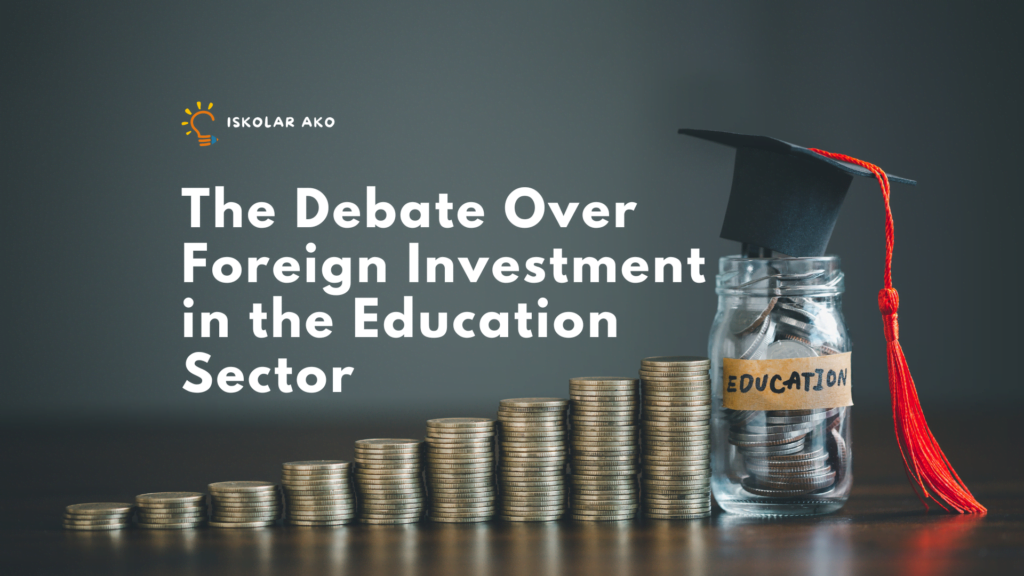
The Department of Education (DepEd) and the Commission on Higher Education (CHED) have found themselves on opposing sides regarding the issue of opening up the education sector to foreign investors. This debate was highlighted during a recent House of Representatives hearing, where DepEd rejected the proposal, citing concerns about the impact on students’ sense of nationalism. On the other hand, CHED argued that liberalizing the sector could make local colleges and universities more competitive.
DepEd’s Education Undersecretary, Omar Alexander V. Romero, expressed reservations about the proposed amendments, stating that they could have far-reaching consequences and serious implications for the department’s mandate and functions. Romero emphasized that allowing foreigners to run local educational institutions could dilute fundamental aspects of Filipino identity, culture, and values.
In contrast, CHED Chairman Prospero E. De Vera III argued that allowing foreign ownership in the sector would help colleges and universities become more globally competitive. De Vera acknowledged that while the law currently allows limited internationalization activities by local institutions, it remains ineffective in attracting foreign institutions compared to neighboring countries with fully liberalized education sectors.
According to a report by the Second Congressional Commission on Education, the Philippines has some of the strictest regulations on foreign ownership compared to its neighboring countries. Joseph Noel M. Estrada, the commission’s chief legal officer, highlighted that only the Philippines has full ownership, establishment, and enrollment restrictions stipulated in the Constitution. Allowing foreign ownership is seen as a crucial step towards fully realizing the benefits of education liberalization, alongside state incentives and policy adjustments by DepEd and CHED.
The debate extends beyond the government institutions, with various lawmakers expressing their opinions on the matter. House Deputy Speaker and Quezon Representative David C. Suarez suggested that proposed changes to the 1987 Constitution should be approved through a separate plebiscite, separate from the upcoming midterm elections, to avoid politicizing the issue. He emphasized the need to prevent the Constitution from being subjected to political mudslinging during the election period.
Bataan Representative Geraldine B. Roman supported the idea of holding the plebiscite earlier, as it would allow people to fully understand the issue at hand. However, political science lecturer Hansley A. Juliano from Ateneo de Manila University expressed concerns about trusting the same individuals who have previously pushed for comprehensive, pro-administration Charter change without appropriate technical inputs from all affected sectors.
In the Senate, Senator Ana Theresia N. Hontiveros-Baraquel stated that at least seven senators are likely to oppose a Senate measure seeking to ease foreign ownership restrictions in the Constitution, which would be enough to block the proposal. She emphasized the need for 18 votes to approve Resolution of Both Houses No. 6 and expressed hope that at least seven senators would oppose the measure.
The debate on foreign investment in the education sector will continue, with a committee on constitutional amendments holding a hearing where education experts are expected to share their insights. Senator Cynthia A. Villar has voiced her opposition to changing the 1987 Constitution, instead advocating for improvements in ease of doing business and efforts to combat corruption.
As the discussion unfolds, it is essential to consider the potential impact of foreign investment on the education sector, weighing the benefits of increased global competitiveness against concerns about the preservation of Filipino identity, culture, and values. Ultimately, finding a balance that supports the growth of local educational institutions while safeguarding national interests will be crucial in shaping the future of the education sector in the Philippines.


